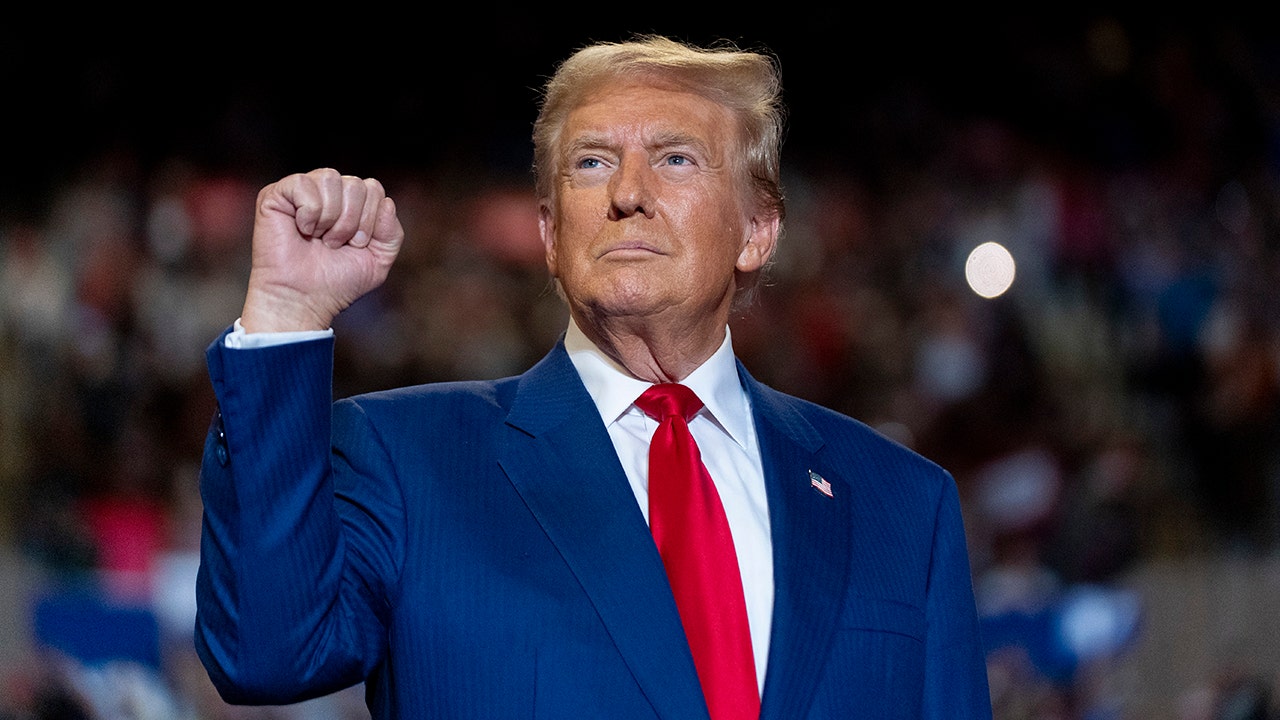President-elect Donald Trump’s first term was spent securing the border, engaging in foreign policy, creating American jobs and more

President-elect Donald Trump has secured a second term in office after defeating Vice President Kamala Harris in the 2024 presidential election race. This victory marks a historic comeback for Trump, who previously served as the 45th President of the United States after winning the 2016 election over Democratic opponent Hillary Clinton. Trump is now four years removed from the White House, following his loss to Joe Biden in the 2020 election.
Trump’s path to re-election began in 2022, when he announced his bid for a second term shortly after the midterms. Throughout his 2024 campaign, Trump focused on familiar issues such as border security and the economy, promising to build upon the policies and initiatives of his first term while also bringing a new approach to governance.
One significant difference for Trump as he enters his second term is his increased political connections. During his first term, Trump, a businessman, lacked the political experience and relationships that are crucial in Washington, D.C. Now, with a broader network of allies and advisors, Trump is poised to navigate the complexities of governance more effectively.
As Trump prepares to take office for a second time, his agenda includes priorities such as securing the border, revamping the immigration system, and bolstering the economy. These goals align with the key achievements of his first term, which included trade policies, judicial appointments, military support, and veterans’ initiatives.
During his first term, Trump implemented tariffs on foreign aluminum and steel, negotiated trade agreements with major nations, and appointed over 240 federal judges, including three Supreme Court justices. He also prioritized defense spending, created the Space Force, and enacted legislation to support veterans and improve criminal justice outcomes.
Trump’s commitment to border security was evident in the construction of over 400 miles of the border wall and efforts to end catch-and-release policies. He also signed the First Step Act to reform the criminal justice system and launched initiatives to connect former prisoners with job opportunities.
On the economic front, Trump’s Tax Cuts and Jobs Act was a landmark reform package, and his executive order on agricultural biotechnology aimed to modernize the farming industry. In foreign policy, Trump’s decisions to move the U.S. Embassy in Israel, meet with North Korean leader Kim Jong Un, and withdraw from international agreements like the Iran nuclear deal and the Paris Climate Agreement were notable achievements.
As Trump begins his second term, he will continue to address pressing issues such as the opioid crisis, public health, and the well-being of the American people. With the support of key allies like Robert F. Kennedy, Jr., who has joined Trump’s campaign and endorsed his presidency, Trump is poised to lead the country through another four years of transformative governance.




